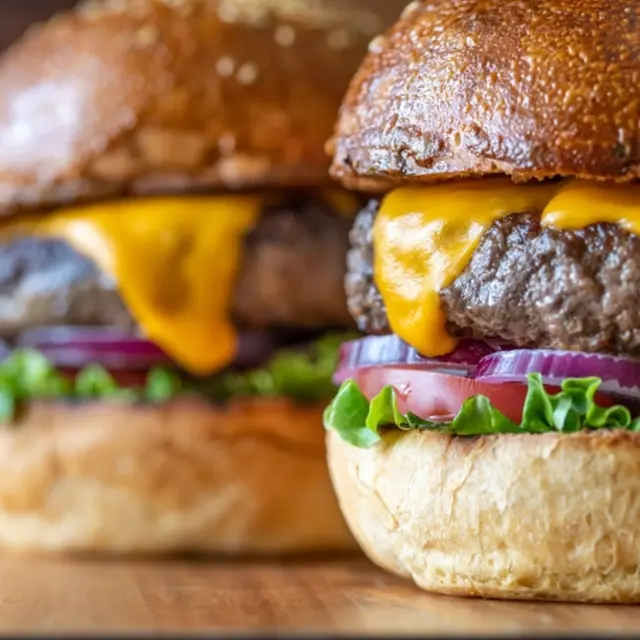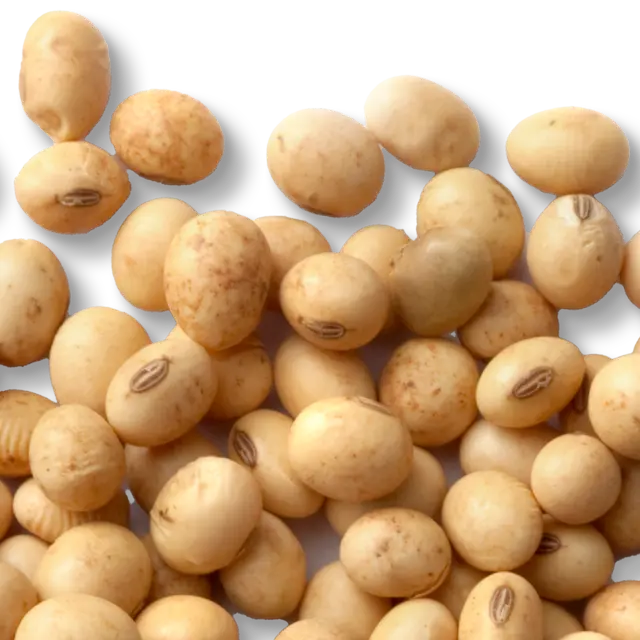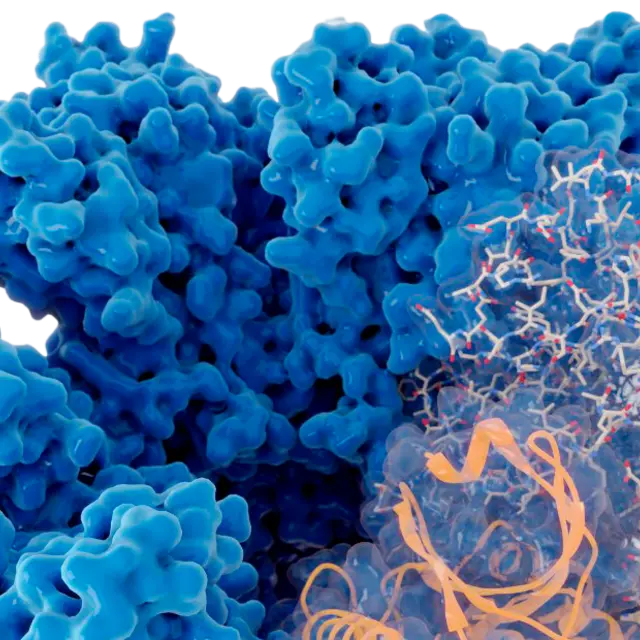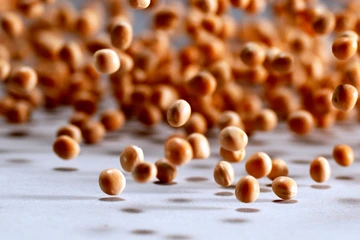Plant-based burger ingredients:
what’s in a plant-based burger?
Plant-based burger meat is crafted using a variety of ingredients, each chosen for its unique contribution to texture, taste, and nutritional profile. Some common ingredients found in plant-based burgers include:
- Proteins: Soy, pea, fava, wheat, chickpea and lentil are all high in protein and serve as a hearty base for the patty, contributing to its meat-like texture. These ingredients are most often added as powders in the form of protein concentrates or isolates.
- Fats: sunflower oil, rapeseed oil, or coconut fat is added for juiciness, but also to improve the mouthfeel and provide a rich, meat-like taste.
- Flavorings: Natural flavors of onion, pepper, paprika and an abundance of other herbs and spices contribute to creating a sensory appeal in plant-based burgers. But to create a similar taste experience to that of meat, producers also add flavorings, like yeast extracts and sweeteners.
- Colors: Plant-based burgers that mimic meat-burgers need to have an appealing color that is similar to that of the real deal. To get it right, producers use naturally derived colorants.
- Binders: Methylcellulose and hydrocolloids are common binders for making sure the plant-based burger has good texture.
Depending on what kind of plant-based burger patty you want to make, some ingredients will be more relevant than others. For instance, if you want to mimic meat as much as possible to give that meat-like experience, proteins and texturizers (which we explore in the next section), are key components.







